Taking a calcium supplement? Odds are it won’t protect your bones. That’s according to scientists writing in the British Medical Journal. After analyzing 120 separate studies, researchers concluded that calcium supplements don’t prevent fractures.
That’s because bone loss isn’t just a loss of calcium – it’s a loss of all the minerals that make your bones strong. In fact, clinical studies show it takes a total of 13 minerals and 3 vitamins to increase bone density.
So if your calcium supplement contains only calcium, you’re only getting just one of the 16 nutrients needed for better bone health. You’re 15 nutrients short! And without those missing ingredients you can’t increase the density of your bones. It’s like trying to bake a cake with nothing but flour.
Let’s take a closer look at these nutrients and how they boost your bone health.
The Chauffeur Of Nutrients – Vitamin K2
Vitamin K2 activates osteocalcin, a protein that ensures calcium is transported to our bones. This process is vital not only for strong bones but also for preventing calcium from building up in soft tissues, like arteries, the heart, or kidneys [1].
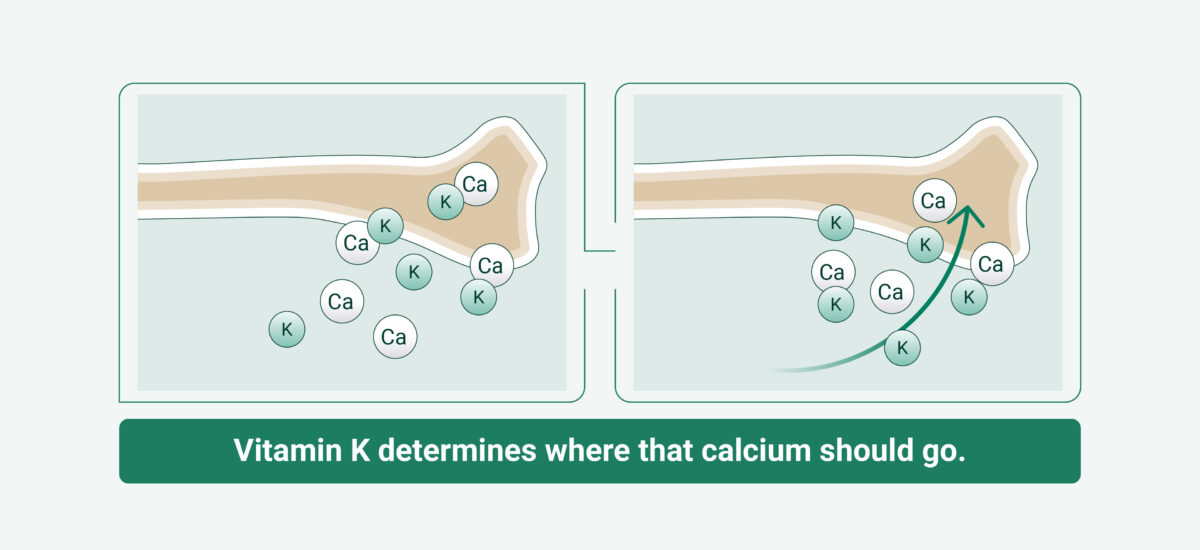
One of the richest natural sources of Vitamin K2 is natto, a fermented soybean dish traditional in Japanese cuisine. However, unless you’re eating a lot of nato, you’re probably not getting enough Vitamin K2 from your diet. That’s why it’s important to take a Vitamin K2 supplement, specifically in the MK-7 form, to help address this deficiency.
The recommended daily intake of Vitamin K varies by gender. Women should aim for 90 micrograms (mcg) per day, while men should target 120 mcg [2].
The Vitamin Everyone Needs – Vitamin D3
Your body has 30 trillion cells. They all need Vitamin D. Without it, they can’t perform their essential functions. That’s why Vitamin D has been rightly heralded as the one vitamin that everyone should take. And yet, despite its importance only 1 in 2 Americans are getting enough of this essential vitamin. And that’s a problem for your bones…
That’s because Vitamin D helps your body absorb calcium from the food that you eat. Essentially it gets calcium in the door. That’s why studies show that people with low levels of Vitamin D are more likely to develop osteoporosis. [3][4].
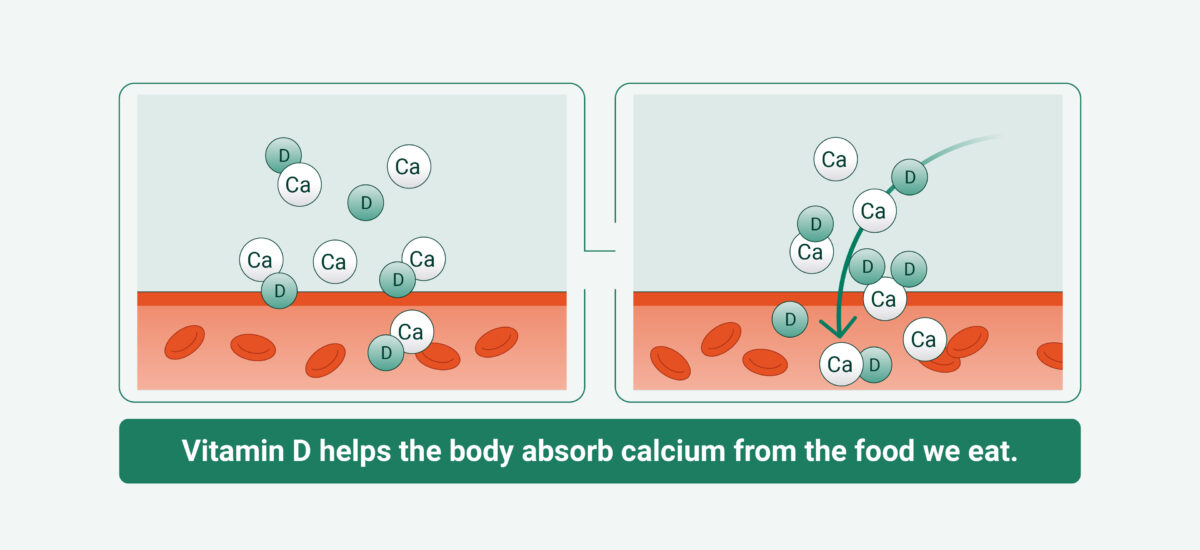
You can get Vitamin D from three sources – sunshine, food, and supplements. Sunshine isn’t always practical, especially during the winter months. Food is almost impossible, you’d need to eat 4 tins of sardines every day! That’s why most folks take a Vitamin D3 supplement.
Vitamin D3 works best when it’s paired with the three fat-soluble vitamins – A, E, & K. Together, these vitamins have a collective impact that’s greater than the sum of their parts.
The vitamin D RDA for adults is 15 mcg to 20 mcg daily [5].
Citrus For Strength – Vitamin C
Vitamin C is a crucial component in the synthesis of collagen, which is the main structural protein found in bones. Collagen provides the framework on which bone mineralization occurs. So, without sufficient vitamin C, the production of collagen is impaired, potentially leading to weaker bones [6]
Some research suggests that vitamin C may stimulate the production of osteoblasts, the cells responsible for forming new bone tissue, and inhibit osteoclasts, the cells involved in bone resorption. [7]
Additionally, Vitamin C has antioxidant properties, helping to protect bone cells from damage caused by free radicals. This oxidative stress can contribute to bone loss and the development of osteoporosis.The RDA for vitamin C is 75 to 90 mg daily for adults. That’s the bare minimum needed to avoid diseases like scurvy – so unless you’re an 18th century pirate you’ll likely need a lot more! [8].
The Cornerstone Of Healthy Bones – Calcium
About 64% of your bones are made of calcium. So it’s essential for keeping your bones strong and dense. [9].
It also influences other factors that affect bone health. For example, the parathyroid hormone (PTH) is closely linked with calcium levels in your blood. If calcium levels drop, PTH responds by extracting calcium from your bones to balance blood calcium levels.This makes your bones weaker. Conversely, when there’s plenty of calcium in your blood, PTH activity reduces, allowing your bones to absorb this excess calcium [10].
You can find calcium in foods like milk, cheese, fish, soy, and spinach. But as you get older, your need for calcium increases, and it becomes harder to absorb this vital nutrient. That’s where calcium supplements can be beneficial.
But beware! Most traditional supplements are sourced from crushed rocks! These are hard to digest. That’s why it’s better to opt for a plant-based calcium supplement – it’s gentler on your body.
The RDA for calcium for adults is 1,200 mg [11].
Maximize Your Magnesium
If you want better bones, then you need more magnesium. A group of British scientists discovered a connection between a magnesium-rich diet and bone strength. Researchers followed 2,245 middle-aged men for 20 years. The men who ate magnesium-rich foods –– like leafy greens, red meat, oily fish, and even dark chocolate –– had a lower risk of suffering bone fractures than their magnesium-deficient counterparts.
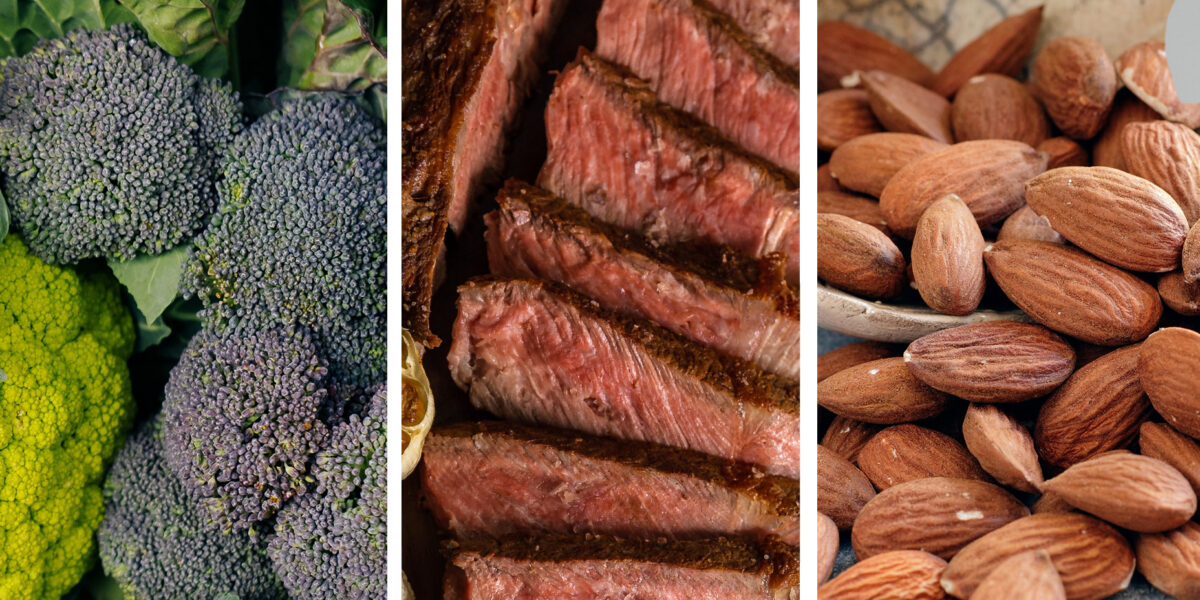
In 2009, the European Food Safety Authority concluded that a cause and effect relationship has been established between the dietary intake of magnesium and maintenance of normal bones. This was confirmed by a 2021 review of 28 different studies that showed that having more magnesium in your diet can make your bones stronger and lower the chance of breaking them.
And yet, despite its crucial role in bone health 1 in 2 Americans don’t get enough magnesium [12]. This shortfall can have significant consequences for our bones. A lack of magnesium hinders bone growth, disrupts the balance and function of bone-building (osteoblast) and bone-breaking (osteoclast) cells, and ultimately leads to osteoporosis [13].
The RDA for magnesium for adults is 420 mg for men, and 320 mg for women [14].
Bulletproof Your Bones – Boron
Boron, used in ballistic vests, tank armor, and other types of protective armor is essential for strong and healthy bones. That’s because it helps metabolize the minerals integral to bone health, such as calcium, magnesium, and phosphorus.
It’s also involved in the metabolism of steroid hormones, particularly vitamin D and estrogen, both of which are crucial for healthy bone maintenance. Boron’s role in metabolizing these hormones helps maintain their optimal levels, which is essential for bone growth and regeneration.
Furthermore, research suggests that boron can reduce inflammation and act as an antioxidant, which is crucial for protecting bone health, especially as we age [15].
Dried apricots, red kidney beans, avocados, and walnuts are all rich food sources of boron.
Faucets To Femurs – Copper
Copper plays a critical role in the synthesis of collagen, a key protein in bones and connective tissue. It’s one of the things that give your bones their strength and shape! So, if your body doesn’t get enough copper, it can’t make enough collagen, leading to weaker bones.
Besides helping with collagen, copper is also part of the bone mineralization process. This is where your bones get their hardness and strength from minerals. It plays a role in linking up collagen and elastin (another protein in your bones), ensuring your bones are both strong and flexible.[16].
The RDA for copper is 900 mcg, with oysters, kale, shiitake mushrooms, and dried prunes all providing rich sources of this nutrient [17]. And while 900 mcg doesn’t sound like much as many as 1 in 4 Americans aren’t getting enough of this essential nutrient.
The Magic Mineral – Manganese
Research has found that when postmenopausal women take manganese supplements along with calcium, copper, and zinc, they see a bigger improvement in bone health compared to just taking calcium alone [18].
So, how does manganese do this? It serves as a cofactor for several enzymes involved in the bone-building process. It helps with bone formation, supports the production of vital components of the bone matrix, aids in the absorption of calcium, and contributes to the overall metabolism and maintenance of bones.
The adequate intake for manganese is 2.3 mg for men, and 1.8 mg for women [19].
Cooked mussels, hazelnuts, pumpkin seeds, and whole grains are all rich food sources of manganese.
Stimulate Your Bone-Building – Silica
According to studies, silica stimulates collagen synthesis – which strengthens connective tissues. It also promotes osteoblast activity. These are the cells that build healthy new bones.
That’s why a 2003 study found that a higher silica intake was linked to a 10% increase in bone density, especially in the cortical bone of hips in men and premenopausal women. This research also suggests benefits for trabecular bone, the spongy interior of bones. [20].
Leeks, garbanzo beans, strawberries, and rhubarb are all rich food sources of silica.
The Nickel Factor
If you don’t have enough nickel in your diet it can affect the distribution and function of other nutrients in the body – including calcium. Furthermore, research suggests that nickel plays a role in the enzymes involved in bone remodeling. This means adequate nickel is essential for your bones to rebuild themselves properly [21].
Pure cocoa powder, cashews, spinach and red kidney beans are all rich food sources of nickel.
Power Up Your Bone Health – Phosphorus
Around 85% of your body’s phosphorus lives in your bones, where it works alongside calcium to strengthen and build the integrity of your bone tissue [22]. Additionally, phosphorus is vital for cartilage formation – the tissue that cushions joints and prevents them from rubbing together [23].
So, if you want stronger bones and healthier joints consider adding 700 mg per day to your diet. [24].
Phosphorus is found in various foods, including milk, salmon, cheese, lentils, chicken, beef, and cashews.
Get More Potassium
There’s a 98% chance you’re losing bone because of a potassium deficiency. It’s true! Studies suggest that only 2% of American adults get enough of this essential nutrient. And that could be causing your bones to weaken.
That’s because potassium slows down osteoclasts (cells that eat away at the bone). And slowing down these bone-eating cells results in stronger bones. So if you want to stop your bones from becoming weak and prone to fracture, make sure you’re getting 4,700 mg of potassium per day [25].
White beans, bananas, baked acorn squash, and potatoes are all rich food sources of potassium [26].
The Selenium Shield
Studies show selenium may reduce the risk of osteoporotic fracture [27]. It’s all thanks to selenoproteins. These special proteins, which need selenium, help keep your bones in balance. They prevent osteoclasts, the cells that break down bone, from working too hard. This means your bones can stay stronger for longer [28].
The RDA for selenium is 55 mcg for adults. Sunflower seeds, shellfish, poultry, and eggs are all rich food sources of selenium [29].
Strontium To Boost Your Bone-Building
Strontium does something that no other mineral can do. It naturally accelerates bone-building. What’s unique about strontium is that it works in two ways at once. First, it encourages your body to create new bone. At the same time, it slows down the loss of old bone. This dual action means your bones don’t just get stronger; they get stronger faster! [30].
Carrots, barley, peas, and mollusks are all rich food sources of strontium.
Vanadium – The Must-Have Mineral For Bone Health
Scientists investigating leg deformities in goats made a significant discovery. All the affected goats had one thing in common – they lacked vanadium. This highlighted the crucial role of vanadium in bone health.
In laboratory experiments, a compound called vanadate, abundant in vanadium, demonstrated remarkable capabilities. It not only stimulated the growth of bone cells but also enhanced the production of collagen. Collagen is a foundational element for bone strength and flexibility, underscoring the importance of vanadium in maintaining strong bones.
But that’s not all. Recent studies have found that vanadium can also help promote bone health without any negative side effects.[31] [32].
Mushrooms, spinach, black pepper and wine are all rich food sources of vanadium.
Zinc – You Absolutely Need It
If you’re looking to build and maintain strong bones, you may want to add more zinc to your diet. That’s because zinc is an essential mineral that plays a crucial role in bone metabolism by acting as a cofactor for specific enzymes.
Here’s how it works: Zinc plays a vital role in regulating osteoblast cells (the bone builders) and curbing the activity of osteoclasts (the bone breakers). The result? Your bones become stronger and more resilient [33].
The RDA for zinc is 11 mg for men and 8 mg for women [34]. And yet, despite its key role in supporting bone metabolism, 4 in every 10 elderly Americans aren’t getting enough of this essential mineral in their diet.
Wheat germ, spinach, beef, and lamb are all rich food sources of zinc.
Takeaway
Your bones deserve the best, but most diets fall short of providing what they truly need.
That’s where AlgaeCal Plus steps in.
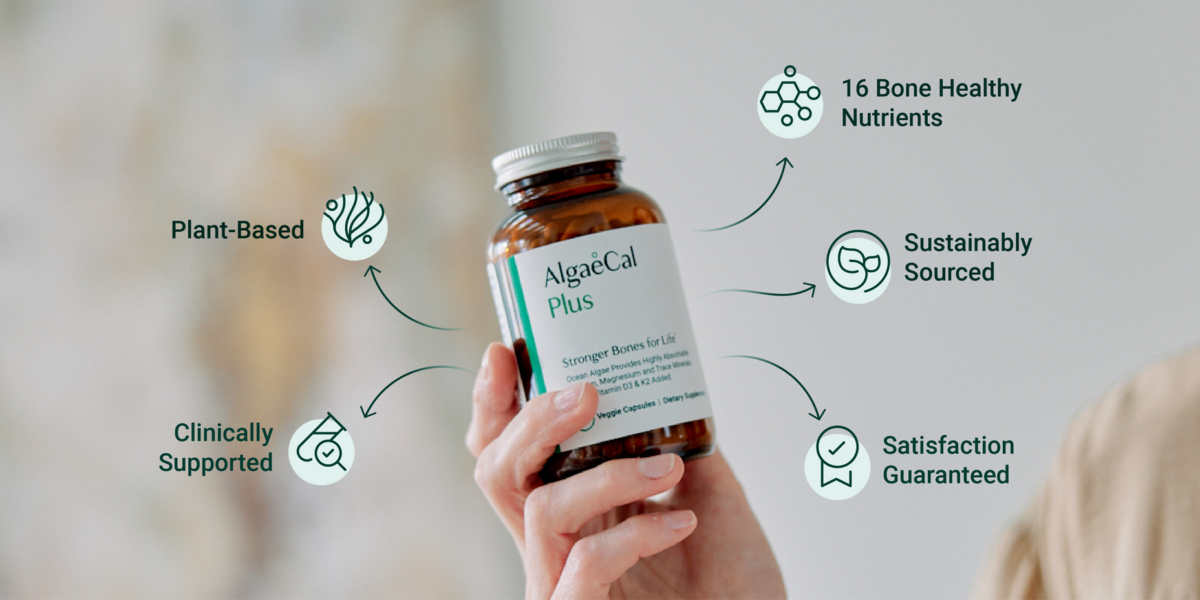
AlgaeCal Plus was carefully crafted to bridge the gap between your everyday diet and the essential nutrients your bones crave for lasting strength and health. And remember, you don’t need some of these nutrients – you need all of them.
That’s why AlgaeCal Plus is the only supplement clinically supported to increase bone density. That’s right. AlgaeCal doesn’t just stop bone loss – it actually makes your bones stronger.
Click the link below to discover how AlgaeCal Plus can transform your bone health.
FAQs
What minerals are best for bones?
Your bones require several minerals for optimal health, including calcium, magnesium, potassium, phosphorus, manganese, vanadium, zinc, selenium, silica, strontium, nickel, copper, and boron.
How can I increase my bone minerals?
Consuming a diet rich in a variety of whole foods can enhance the number of minerals in your bones. However, the best way to ensure your bones receive adequate minerals is to find a high-quality supplement that contains a range of bone-enhancing minerals.
How can I make my bones stronger?
Both physical activity and proper nutrition play a role in enhancing bone density. Along with weight-bearing exercises, ensuring you’re getting a range of bone-building nutrients is crucial.ement that contains a range of bone-enhancing minerals.
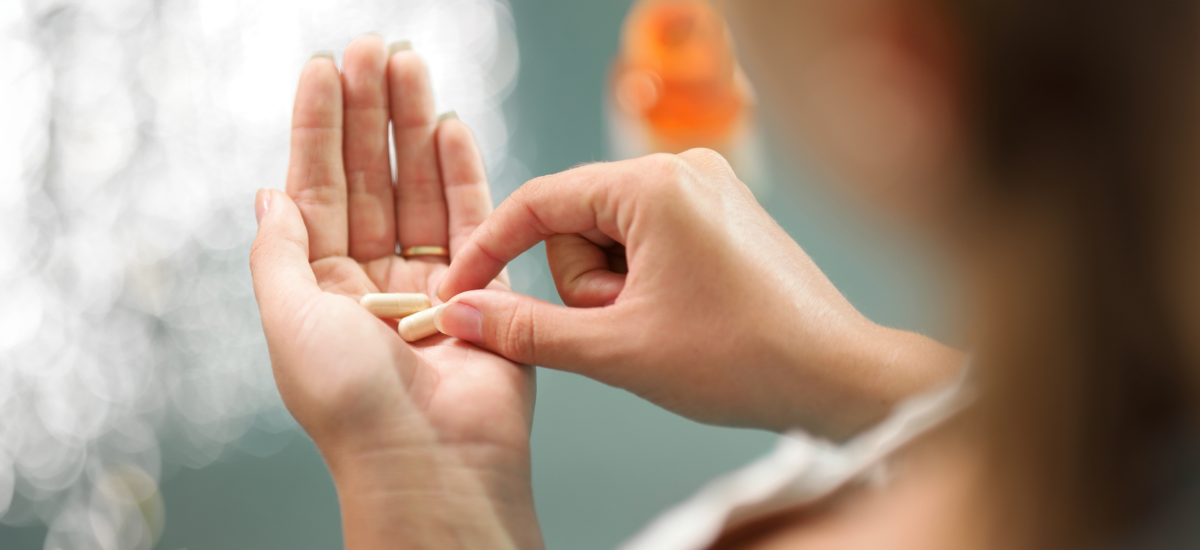




Karen Van Dine
July 9, 2016 , 6:21 amI am a 50 year old woman that has been recently diagnosed with osteoporosis in my hips. My mom has severe osteoporosis and did the Fosomax thing. I don’t want to do that. I ordered Algae Cal and on the first day found out that I was taking an excessive amount of calcium. By the end of the day I was extremely lightheaded and could not walk straight. I called and the nice man told me to stop everything but my prescription cholesterol medicine until I felt better.
After about a week I started to take only one Algae Cal tablet. Meanwhile, I had my annual checkup. My doctor checked by Vitamin D level and it was 41. I was told that I should only take the 1 Algae Cal tablet with meals and not increase it. So, now what? I am very frustrated. I have looked at all the traditional meds for osteoporosis. I do not want to do those. It seems that the medical community differs from the alternative community and the alternative community differs with themselves. I feel like I am playing Russian Roulette with my vitamins! I appreciate your feedback.
Thank you,
Karen